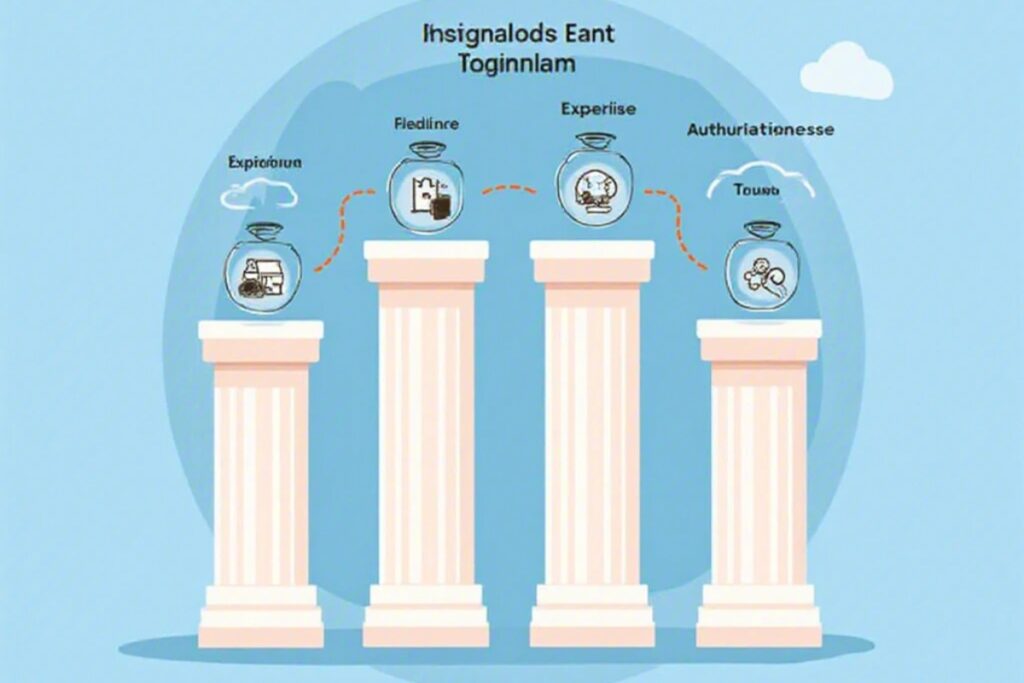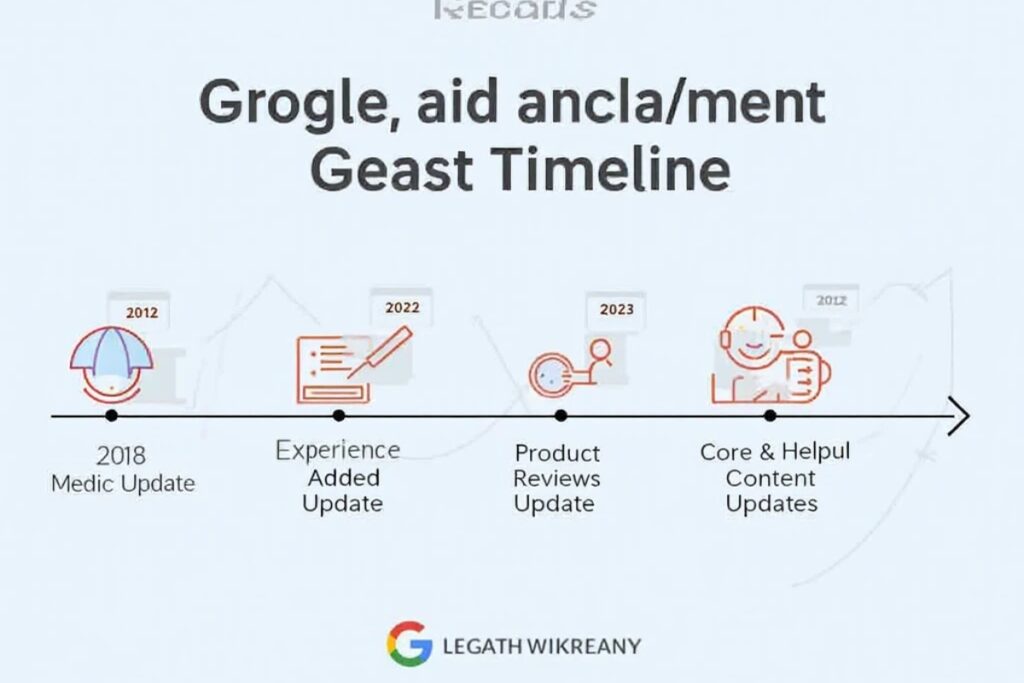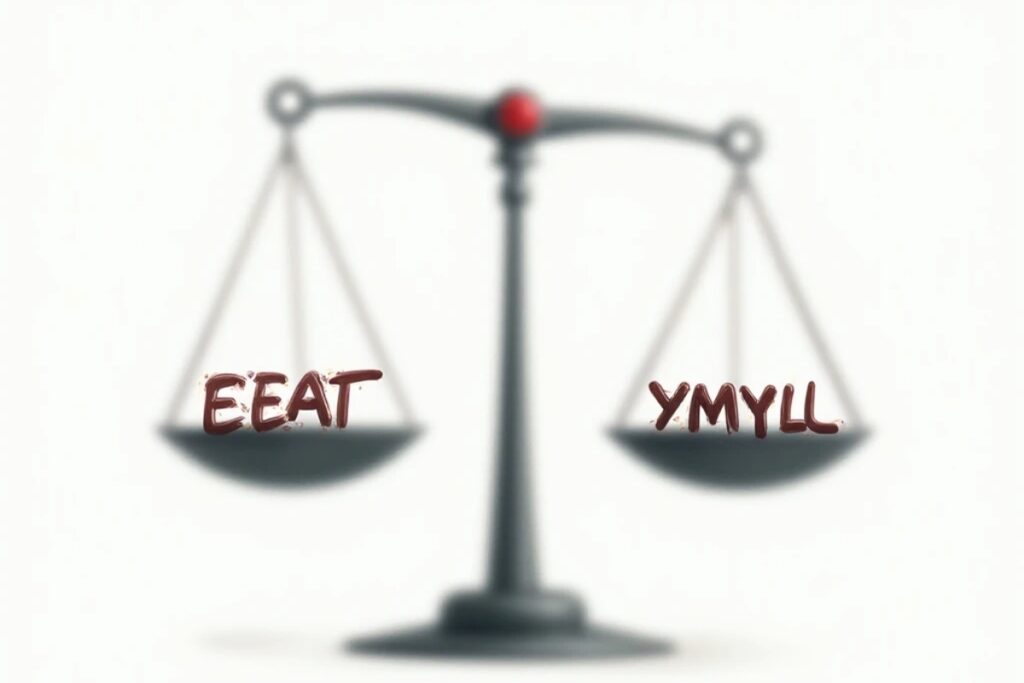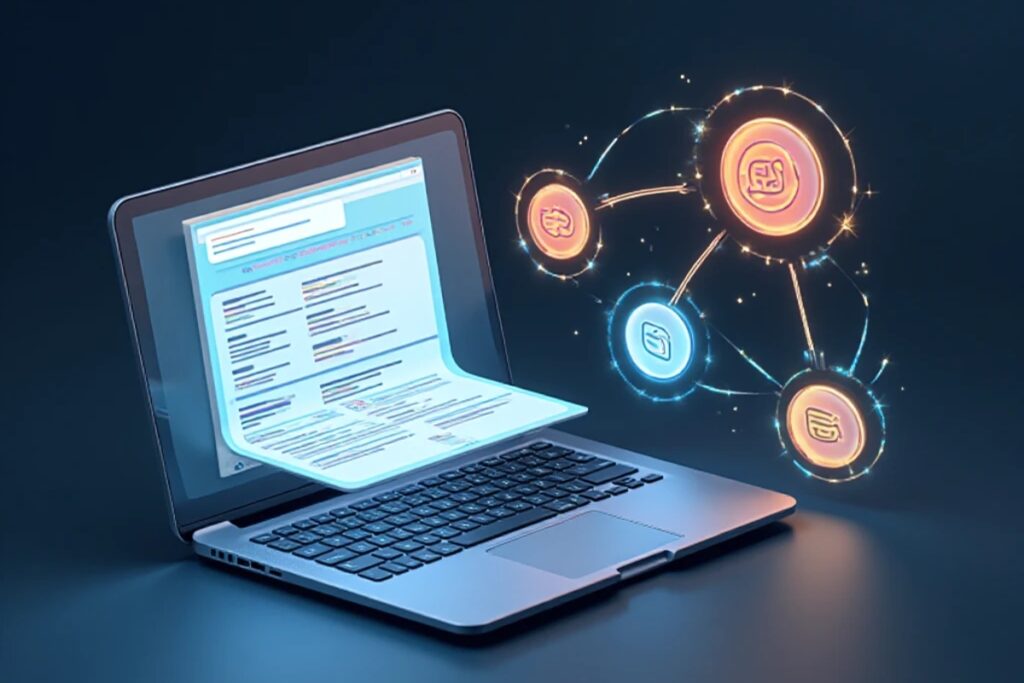The digital landscape has changed the way people consume information and make decisions. Every search query on Google is a reflection of someone looking for knowledge guidance or answers to problems that matter.
This is why Google must prioritize results that are not only relevant but also trustworthy. To achieve this Google developed EEAT. Many people ask what does EEAT stand for and why it matters for websites.
What does eeat stand for? EEAT stands for experience expertise authoritativeness and trust. It is a framework within the Google Search Quality Rater Guidelines that ensures content quality is aligned with user expectations.
This article will explore the meaning of EEAT how it works in search engine optimization why it matters for different industries and how websites can apply these principles to rank higher in search results. For more insights on startup tech and digital growth, explore the Rteetech homepage.
What does EEAT stand for

What does eeat stand for? EEAT is an acronym that explains four pillars of quality evaluation. Each factor helps Google understand if a website is reliable and beneficial for users.
Experience
Experience refers to the firsthand knowledge that a content creator demonstrates. If an article is about a product service or place the author should ideally have direct interaction with it.
For example a travel blog about Paris is more valuable when written by someone who has visited the city rather than by someone who simply summarizes information.
Google introduced experience as a key part of EEAT in December 2022 to make sure users are getting insights from people who have lived through the subject they are writing about.
Expertise
Expertise highlights the depth of knowledge an author has. For topics related to health finance or law expertise is critical because inaccurate content can cause harm. Expertise may be supported by professional qualifications degrees certifications or long term experience in a field.
In other niches such as hobbies or crafts expertise can be shown through consistent high quality content that proves the creator’s skill and knowledge.
Authoritativeness
Authoritativeness refers to the recognition of a website or creator as a trusted source within their field. A site that is cited by reputable organizations or mentioned by other experts gains authority.
Backlinks from authoritative domains press mentions or guest posts in respected outlets are all signals of authority. Authority builds over time and signals to Google that others in the industry view your content as credible.
Trust
Trust is the most important factor within EEAT. Without trust even the most experienced or expert content is not valuable. Trust includes transparent business information secure website connections accurate citations and honest representation of products or services.
Google has made it clear that trust outweighs the other factors because untrustworthy content cannot serve users effectively.
Why EEAT is important for SEO
EEAT plays a vital role in search engine optimization because it aligns content quality with Google’s mission of providing helpful results. Websites that meet EEAT guidelines are more likely to appear higher in search results.
This is especially true for YMYL or Your Money or Your Life websites. These are websites that publish content related to health safety finance and other sensitive subjects.
If your site demonstrates strong EEAT signals you can improve user trust encourage engagement and build long term visibility. On the other hand if your site fails to meet EEAT expectations you may struggle to compete even with well written content.
Timeline of EEAT updates

Google has updated its quality standards over time to make EEAT more precise.
2018 Medic Update
In August 2018 Google released the Medic Update which highlighted the importance of expertise authoritativeness and trust for health and wellness websites.
2022 Experience added
In December 2022 Google added experience as the fourth element of EEAT. This emphasized the value of personal insights and real world knowledge.
2023 Product Reviews Update
In February 2023 Google refined its evaluation of product review content to reward authentic hands on experiences.
2023 Core and Helpful Content Updates
In August and September 2023 Google rolled out major updates that prioritized people first helpful content created with EEAT standards in mind.
How to apply EEAT to your website
Applying EEAT is not about technical tricks but about building genuine quality.
Build experience
Showcase firsthand use of products and services. Add case studies customer stories or your own experiences.
Strengthen expertise
Display author bios with qualifications or proven skills. Make sure your content is fact checked and up to date.
Grow authority
Earn mentions and backlinks from authoritative websites. Publish guest posts collaborate with industry leaders and build a strong reputation.
Establish trust
Use HTTPS encryption transparent contact details accurate citations and fair customer reviews. Keep your website secure and user friendly.
Why EEAT matters for YMYL websites

YMYL content affects health safety finance and other areas of life that require the highest standards. A single piece of wrong advice could mislead a reader and cause real damage. This is why Google applies EEAT more strictly to YMYL topics.
If your website covers these areas you must prove that your content is created by experts supported by reliable sources and updated frequently.
The relationship between EEAT and SEO performance
Although EEAT is not a direct ranking signal it influences how content is judged by Google’s algorithms and quality raters. Pages that demonstrate strong EEAT often receive better rankings because they naturally attract links shares and higher engagement.
By focusing on EEAT you are not only improving trust with users but also signaling to Google that your site deserves visibility.
Improving your content with EEAT principles

When creating new content always ask how your article demonstrates experience expertise authority and trust. For example if you publish a product review include real images and your personal usage.
If you are writing on a medical topic ensure the content is reviewed by a professional. If you are building a guide add references from authoritative sources. These small details strengthen EEAT and help build long term credibility.
Conclusion
Understanding what does eeat stand for? and applying it to your website is essential for sustainable SEO growth. By focusing on experience expertise authoritativeness and trust you align your content with Google’s expectations and your audience’s needs.
EEAT is not about shortcuts but about creating genuine quality that stands the test of time. learn more about our SEO for business growth strategies instead of just “Rteetech LCC”
FAQs
What does eeat stand for?
EEAT stands for experience expertise authoritativeness and trust which are quality guidelines Google uses to evaluate content.
When did Google add the extra E for experience
Google added the extra E in December 2022 to highlight the importance of firsthand knowledge in content creation.
Is EEAT a direct ranking factor
No EEAT is not a direct ranking factor but it strongly influences how content is assessed by algorithms and human raters.
Why is trust the most important part of EEAT
Without trust even the most experienced or authoritative content cannot be considered reliable so trust is the foundation of EEAT.
How can a website improve expertise
A website can improve expertise by showing author credentials using fact checked research and consistently publishing high quality information.
What does EEAT mean for YMYL websites
For YMYL websites such as health or finance EEAT is critical to prove that content is safe accurate and reliable for readers.
How does EEAT affect product reviews
EEAT encourages authentic product reviews based on real usage rather than copied information which helps users make informed decisions.
How can businesses build authority under EEAT
Businesses can build authority by earning backlinks from trusted sources getting industry recognition and publishing expert driven content.



